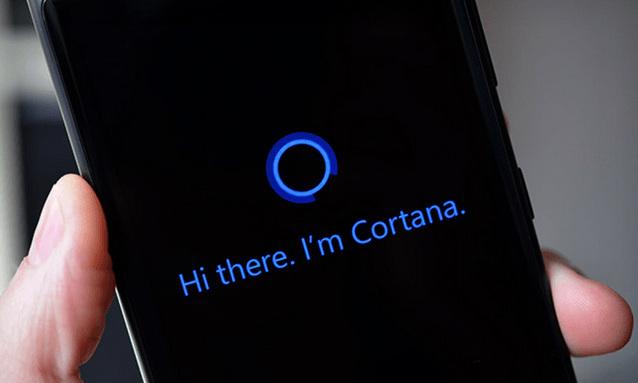
Microsoft’s Cortana hasn’t been around for very long, but she’s already made a good impression in the mobile community - and good thing, too. You couldn’t come out with a virtual assistant named after one of the most famous virtual assistants in the gaming world and expect her to succeed with just the name alone. Although Cortana was the last to appear amongst the three virtual assistants we have in the mobile market, she’s certainly not least; Microsoft seemingly took the best from Apple’s Siri and the Android’s Google Now and combined them to create yours truly.
The only problem is that while Cortana may be on par with other virtual assistants on the market, Windows Phone is still undeniably having some issues in gaining popularity amongst smartphone users. This poses Microsoft with a dilemma, seeing as the new, unified Windows 10 is now well underway and revealed - with Cortana being a big part of this unification.
Microsoft seems to be putting a huge focus on unification when it comes down to not only the Windows 10 platform, but also its services. Cortana, which is currently only available for use in Windows Phones and Microsoft Band, will soon be available for use in Windows PCs and tablets as well. However, to give all PC users a total sense of unification, Microsoft seems to be entertaining the thought of bringing Cortana to both Android and iOS as well.
While this is probably a good idea for Microsoft as a whole, I can’t help but assume that such a move could really bring down the incentive for people to switch to Windows Phone.
Windows Phone, in its current state, is a tough sell as it is. Without as much app support as Android or iOS has, along with lack of Google Apps (which both Android and iOS have), it’s hard to come by somebody who will spend as much on a Windows Phone as they would on, say, a similarly priced Android device. Simply put, if you don’t use (or intend to use) Microsoft’s services, you’re not going to be getting as much for your money. The platform itself is peachy when it comes down to design and functionality - it’s very easy to learn and use; however, the ecosystem is hard to adjust to if you’re expecting an experience similar to Android or iOS.
Cortana is probably the best thing that’s happened to Windows Phone in recent history, which is precisely why making it available for everybody would likely drive Windows Phone sales down.
Admittedly, if Microsoft won’t be able to make the Windows Phone ecosystem any better when it finally comes time for Windows 10 phones to make a debut, perhaps Microsoft would be better off supplying services to other platforms rather than trying to make a platform of their own work. It kills me a little bit to say that, because I like having four choices for mobile platforms. When one dies off, it’s just kind of... sad? Maybe that’s not the right word - let’s go with disappointing. Like when webOS was no more - I always felt like it could have become something eventually. Windows Phone is kind of the same way. There’s a ton of potential there, there’s just not enough right now. I don’t think it’s so bad that the situation could never be rectified, though.
I guess I should simplify what I’m trying to say: If Microsoft has plans to continue making Windows Phone devices, then Cortana should serve a differentiator between Windows Phone and other mobile operating systems in order to keep things competitive. If Microsoft wants to see Windows Phone demand taper off, but probably turn a profit faster, then making Cortana available to other mobile platforms isn’t such a bad idea. If nothing else, Microsoft would really be able to say that their services are unified across everything. After all, Office and Bing are already available on other mobile platforms; it’s not like this would be a complete surprise - like if Google were to let Windows Phone users have a go at their services. Doesn’t anybody care about sharing anymore?
Readers, what are your thoughts on Cortana’s potential to be cross-platform available? Do you think that Android and iOS users should be able to use Cortana, or do you think she should remain a Windows Phone exclusive?
Images via News Mint, Extreme Tech